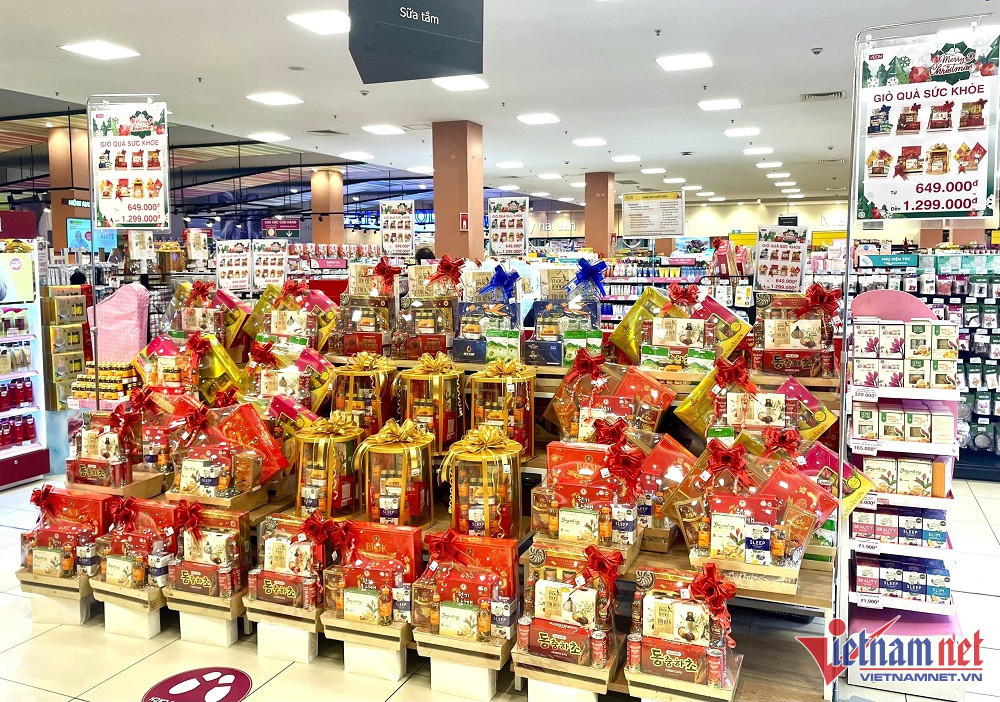
Many businesses have voiced concern about complicated procedures, “rolling out the red carpet for businesses, but hiding nails under the carpet”.
HCM City Real Estate Association Chair Le Hoang Chau said over 70 percent of obstacles in the real estate market are related to legal problems as regulations conflict with laws.
“Officials related to the real estate market pass the buck to each other. They dare not make decisions. As a result, real estate projects get stuck and real estate investors cannot proceed,” Chau said.
Nguyen Dinh Cung, former Head of the Central Institute of Economic Management (CIEM), told VietNamNet that many officials don’t want to carry out their duties. “I would rather be criticized for being slow and not completing tasks than being disciplined or facing criminal prosecution,” an official told Cung. “Legal documents seem to be the ‘trap’ for us."
Technical regulations or business conditions?
The Ministry of Transport is drafting national technical regulations for cargo terminals. The draft says terminals must satisfy the same standards as parking areas for other vehicles; and require cargo yards; toilets; 24/7 surveillance camera system; data storage for at least one month; centralized wastewater collection and treatment; firefighting and explosion prevention tools; lighting system; food safety and hygiene.
But the regulations overlap with many current regulations on fire prevention, environmental protection, lighting, drainage and food safety that all cargo terminals already have to satisfy. This will cause overlapping and complexity in implementation.
Some regulations in the draft document are just like compulsory business conditions. For example, cargo terminals must have works that collect and treat wastewater. Meanwhile, the Law on Environmental Protection stipulates that cargo terminals only have the responsibility of collecting and treating wastewater, and there is no need to build concentrated wastewater collection and treatment systems.
Another unreasonable regulation is the requirement of a 24/7 camera and the storage of data for at least one month. This will increase the cost for cargo terminals. As such, the technical regulations are essentially business conditions.
In July 2022, the Ministry of Industry and Trade (MOIT) stirred up the public when drafting a circular on classifying and managing some types of trade infrastructure.
The draft requires all supermarkets, mini supermarkets, shopping centers and outlets to have vehicle parking lots for customers.
First- and second-class supermarkets must have eatery and entertainment services, while shopping centers must reserve areas for entertainment activities, offices to lease and areas for finance and banking activities.
They also must be in advantageous positions for accessing and buying goods, while architectural works must have modern technical design and equipment.
The Vietnam Confederation of Commerce and Industry (VCCI) commented that state management agencies had caused excessive intervention into business freedom and created risks for businesses.
Regaining momentum for reform
After exerting efforts to simplify administrative procedures by cutting business conditions, new business conditions of different forms have appeared.
VCCI’s Deputy Secretary Dau Anh Tuan said he can see a worrying tendency that many legal documents are being compiled with business conditions tightened. The old way of thinking, that prioritizes carrying out state management with the tool of ‘business conditions’ is generating new barriers. This not only affects businesses, but also the whole economy.
Nguyen Minh Thao from CIEM said that business conditions have come back and tend to expand.
Cung said that businesses still face difficulties caused by Covid-19 when new problems arise, such as input costs increase, orders do not come and the cash flow exhausts. Therefore, reforming the business environment is more important than ever. Improving the business environment is the key that helps enterprises weather the storm and it has much more important significance than bailout packages.
Tran Thuy